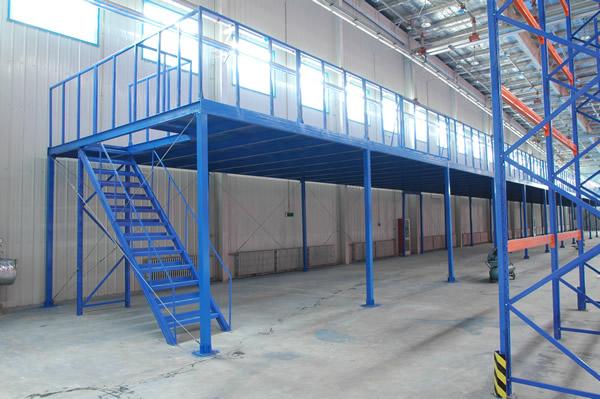When planning a warehouse storage solution, understanding warehouse racking cost is crucial for budgeting and optimizing space. Whether you need warehouse racking cost per square foot estimates, a warehouse racking cost estimator, or details on warehouse racking installation cost, this guide covers all key pricing factors. We’ll break down warehouse racking system cost variations and compare warehouse pallet racking cost to help you make an informed decision.
